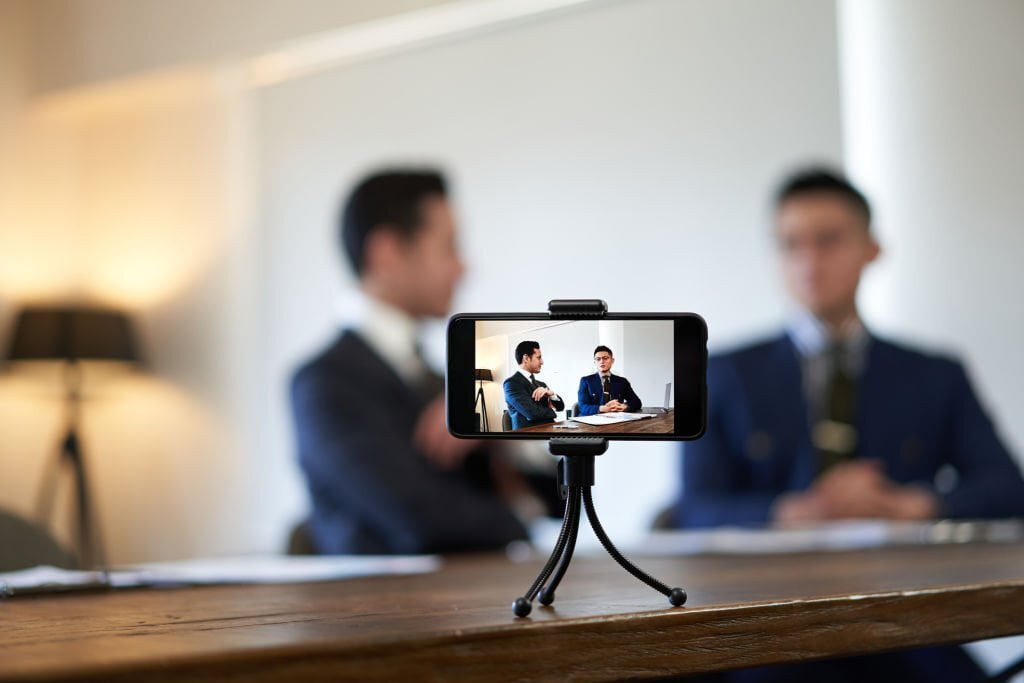Treading the waters of legal ethics and laws can be a challenging feat. One burning question many have is, can a lawyer record a conversation without consent? Let’s dive into the intricate nuances of this topic and clear up some misconceptions.
The One-Party and Two-Party Consent Laws
In the US, the legality of recording a conversation revolves around consent. The laws, however, vary by state. Some states follow the “one-party consent” rule, meaning if one person (which can be the lawyer) knows about the recording, it’s legal.
On the other hand, “two-party consent” states require that all parties involved are aware of and agree to the recording. As much as lawyers love loopholes, these laws are quite straightforward.
So, next time you think of “sneakily” recording someone—whether you’re a lawyer or not—better know your state’s stand on it!
The Ethical Considerations
Beyond the legal side of things, there’s the ethics. The American Bar Association has guidelines that lawyers are expected to uphold. Covertly recording conversations, even in one-party consent states, can potentially lead to ethical ramifications.
Think about it – trust is a cornerstone in the attorney-client relationship. If a client fears they might be recorded without knowledge, that trust can quickly erode. The legal world isn’t a spy movie, after all. Or is it?
Jokes aside, ethical considerations should always be front and center in any legal endeavor.
Exceptions to the Rule
There are, of course, exceptions where recordings without consent might be deemed lawful. Cases involving potential threats, criminal activities, or evidentiary necessities might provide some leeway. However, these are few and far between.
In these rare circumstances, it’s vital for attorneys to tread carefully, ensuring they’re within both the legal and ethical bounds.
| Type of Law | Explanation |
|---|---|
| One-Party Consent | Only one party needs to be aware of the recording. |
| Two-Party Consent | All parties involved must consent to the recording. |
Recommended Resources
- American Bar Association – For ethical guidelines and considerations.
- The Reporters Committee for Freedom of the Press – State-by-state guide on recording laws.
Wrapping up, the essence of the law revolves around justice, trust, and ethics. While the specifics can be intricate, the guiding principles remain consistent. For all our lawyer friends out there, keep championing justice with integrity. And maybe, leave the covert spy gadgets for the movies!
